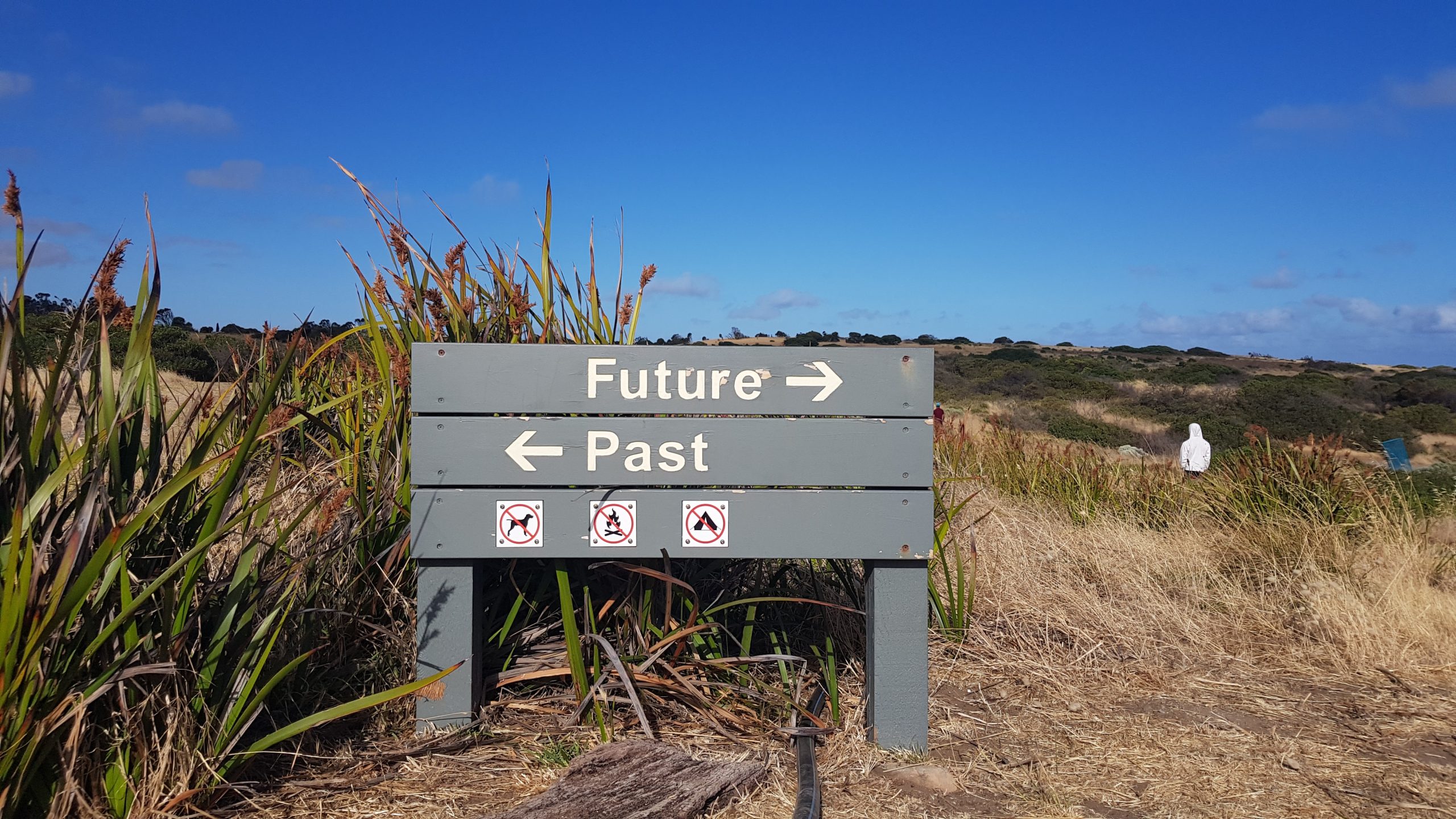This July 4 not only marks the birth of our nation but also the 57th anniversary of the Freedom of Information Act (FOIA), a monumental piece of legislation that fosters government transparency and accountability. Originally signed into law in 1966 by President Lyndon Johnson and inspired by the idea that a government “of the people, by the people, for the people” should be transparent, FOIA aimed to grant citizens the general right to access federal agency records, subject to certain exemptions such as national security and personal privacy.

While Johnson was said to have been ambivalent about the legislation at the time, nearly sixty years after its passage FOIA has become one of his defining legacies and one of the most important pieces of legislation ever passed.
Today, demand for FOIA is at a record high. According to the Justice Department’s Office for Information Policy, FY 2022 had the highest number of FOIA requests ever, with almost 1 million sent to federal agencies.
That level of popularity isn’t surprising. FOIA makes it easy to request and obtain records from federal agencies through a consolidated online portal and the wide availability of government data has increased public participation, enabling citizens to analyze and engage with valuable information.
This has resulted in numerous benefits for the country. FOIA fosters government accountability by allowing citizens to scrutinize the actions of public officials and agencies. By actively shining a light on government operations through specific requests and even by the mere possibility of a request being made, FOIA helps detect and prevent corruption, fostering trust between citizens and their government.
FOIA also serves as a vital tool for many professions. It allows journalists to uncover important information, investigate matters of public interest, and hold authorities accountable for their actions. Over the years, FOIA has been instrumental in exposing government wrongdoing and corporate corruption. Researchers can access data and documents crucial for academic pursuits, leading to advancements in many different fields. Legal professionals use FOIA to gather evidence and support cases, ensuring a fair and transparent judicial process.
Exponential Growth In FOIA Requests is Overwhelming Agencies
However, despite all of its successes, it’s been clear for a while that FOIA requests are growing faster than government can handle. The dramatic increase in FOIA requests is largely made up of those seeking information and data never originally envisioned as part of FOIA’s scope. Things like Zoom recordings, parking lot security footage, texted video, and video from body-worn cameras are all being requested, according to managers at federal agencies I’ve spoken to.
Yet, these multimedia FOIA requests are exponentially more time consuming to redact and process for public release. Redacting just one hour of video using traditional video editing software can take up to 10 hours. Approximately 3.3 trillion hours of video surveillance footage is captured daily in the U.S., and hundreds of millions of hours are captured by government agencies, including law enforcement.
Government agencies need more modern, nimble, and efficient tools that get the job done faster and easier. Those tools are here. Secure, cloud-based redaction tools exist and are popular with the private sector and forward-looking agencies. They’re simple to use, with intuitive user controls and AI-assisted software that finds and blurs faces, laptop screens, license plates, and other redaction-required elements of a file. Most importantly, they offer an unbroken and defensible audit trail.
Agencies must start to deploy these off-the-shelf technology tools at the same pace as the private sector. They’re already falling further behind public demand by not modernizing the tech suite fast enough to meet real-time, real-world demands.
Ensuring a Strong Foundation of Open Government For Generations to Come
The Freedom of Information Act has acted as the foundation of open government for over half a century. It has played a critical role in counterbalancing the culture of secrecy that had prevailed within the federal government and ensuring access to government information, empowering citizens to participate in democracy and hold public officials accountable. As we celebrate its 57th anniversary, it’s a great time to reaffirm our commitment to FOIA and the transparency, accountability, and fundamental principles of democracy, it enables. Yet, today, FOIA requests are surging and backlogs across government are climbing. By implementing available technology tools, now, before the backlogs grow larger, we can ensure FOIA stays viable and continues to build a stronger and more transparent democracy for generations to come.
Benjamin Tingo is the Chief Legal Officer and Vice President of Strategic Partnerships at OPEXUS. OPEXUS (formerly AINS) is a DC-based GovTech 100 awardee whose mission is to empower professionals to elevate trust in public institutions through the design, development, and delivery of specialized case management software, including Open Government (FOIA and Correspondence), OIG Audits and Investigations, and Human Resources/Employee Management. Benjamin is a licensed attorney, with nearly twenty years of experience with complex civil and criminal litigation and as in-house GovTech counsel. He is also a member of NARA’s FOIA Advisory Committee and a volunteer firefighter.
Image by Hadija on Unsplash





Leave a Reply
You must be logged in to post a comment.